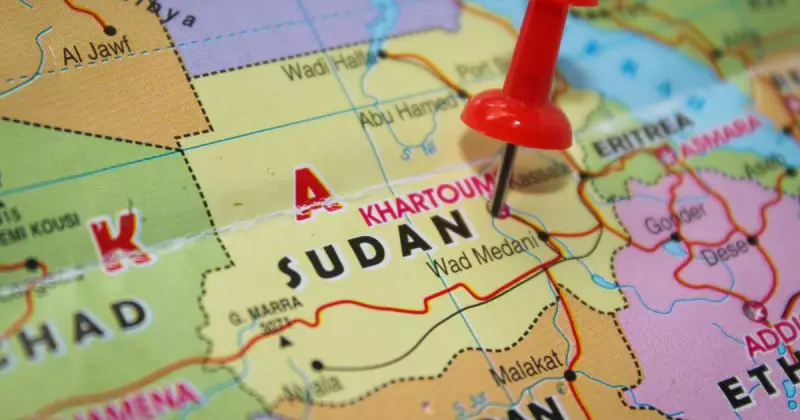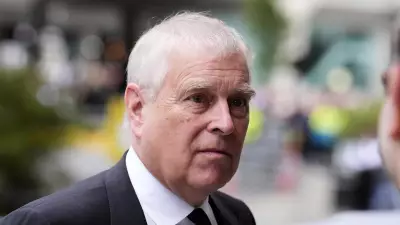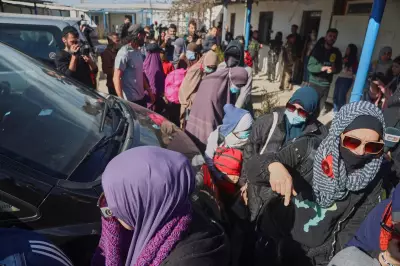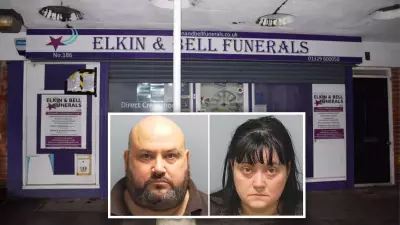
A Crisis Australia Cannot Ignore
While Australians go about their daily lives, a humanitarian catastrophe of unimaginable proportions is unfolding in Sudan. For more than 30 million people - a population exceeding Australia's entire count - daily existence has become a desperate struggle for survival against war, famine and systematic violence.
Since early 2023, Sudan has been consumed by a brutal civil war between the military and the paramilitary Rapid Support Forces (RSF). The conflict has created what experts are calling the world's largest displacement crisis, with more than 12 million people forced from their homes and an estimated 150,000 lives lost.
The El Fasher Massacre: Sudan's Srebrenica Moment
In recent days, the crisis reached a terrifying new level when RSF forces overran the city of El Fasher after an 18-month siege. Witnesses report systematic massacres that have claimed at least 2,000 civilian lives in what United Nations officials are describing as Sudan's "Srebrenica moment."
The brutality defies comprehension. At one maternity hospital, 460 patients and their companions were executed. Satellite imagery reveals clusters of bodies lying in the streets, while those who survived describe scenes of pure terror.
"When the fighting finally erupted, it was as if the sky itself was falling," recounted a humanitarian worker who recently escaped El Fasher. "I saw many people being killed in the streets, including women and children, struck down by random gunfire and stray bullets. I saw children running alone, most likely separated from families."
War Crimes and International Apathy
The conflict in Sudan represents a disturbing new normal in modern warfare, where the rules protecting civilians are being openly flouted. Famine conditions have been deliberately engineered through siege tactics, while brutal sexual violence is being systematically deployed as a weapon of war.
Perhaps most alarming is the international community's muted response. Unlike the global outcry that followed the Srebrenica massacre in 1995 or Rwanda's genocide in 1994, Sudan's suffering has been met with relative silence.
"We cannot let this become normal," urges Aram Hosie, director of strategic communications and engagement at Save the Children Australia. "We cannot become so accustomed to horror that we scroll past it. We cannot allow mass atrocity to be just another news story competing for our attention between celebrity gossip and sports news."
The statistics paint a grim picture of our current global reality. We're living through the largest number of armed conflicts since the Second World War, with one in five children globally now living in an active conflict zone. Grave violations against children in conflict jumped 30 percent in 2024 alone.
What Australia Can Do
Despite the geographical distance, Australia has both the capacity and moral responsibility to act. Experts are calling for several concrete measures:
- Double the crisis and emergency fund to enable swift response to emerging humanitarian disasters
- Add humanitarian exemptions to sanctions and counter-terrorism laws to ensure aid reaches those in need
- Strengthen arms-export controls to prevent Australian weapons from fueling conflicts
But government action alone isn't sufficient. Ordinary Australians can make a difference by:
- Contacting their local MP to demand Australia show leadership on Sudan
- Sharing information about the crisis on social media to break the silence
- Supporting organizations like Save the Children working in impossible conditions on the ground
- Signing petitions demanding accountability for war crimes
The children running through the streets of El Fasher, along with families fleeing violence in Gaza, the Democratic Republic of Congo, Myanmar and dozens of other conflict zones aren't asking for pity. They're demanding action. They're asking the world to prove that their lives matter as much as anyone else's, that international law still means something, and that "never again" is more than just words inscribed at memorials.
As one humanitarian worker who escaped El Fasher implored: "I want people around the world, especially those with a sense of humanity, to pay attention to what is happening in El Fasher. It is a massacre. The people of Sudan deserve safety, dignity, and peace. Civilians need safe passage and unhindered humanitarian access now. Time has run out. They cannot wait any longer."





